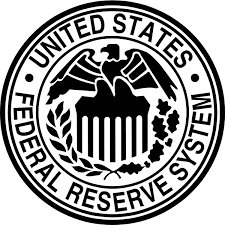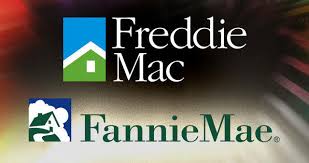Ah, but what allowed them to Overreach?
By: Brittany Dunn 05/07/2010
The true cause of the foreclosure crisis is up for debate. Did banks prey on unwitting consumers, or did households “overreach” and borrow more than they could afford? Economists at the University of Arkansas recently completed a study to answer that very question.
The study, The Foreclosure Crisis: Did Wall Street Practice Predatory Lending or Did Households Overreach?, found the latter to be true.
Although the researchers found some evidence of predatory lending, they concluded that a more accurate explanation of the foreclosure crisis was households who got in over their heads after borrowing more than they could afford. However, the researchers were careful not to excuse Wall Street banks, as reckless lending enabled households to become dangerously leveraged.
“Our evidence does not disprove or excuse reckless subprime lending by the large Wall Street banks,” said Tim Yeager, associate professor in the Sam M. Walton College of Business and lead author of the study. “We argue that there is plenty of blame to go around for the financial crisis. Both banks and consumers overreached. Banks extended too much credit to households, and households purchased more home than they could afford.”
Relying on massive datasets from private companies that compile information about demographics, real-estate properties, and foreclosures, Yeager and four other researchers created profiles of households who were in foreclosure during the third quarter of 2008. The researchers used a classification system to identify and examine the characteristics of these households, which they separated into 21 life-stage groups, each with specific demographic characteristics that tied them together.
The researchers then developed two categories of groups based on formulas for “excess foreclosure shares” and “relative default shares.” The first calculation determined, in absolute numbers, which groups accounted for the most foreclosures. The second calculation showed which groups had the highest likelihood of foreclosure.
By far, the group with the greatest excess foreclosure percentage was “Cash & Careers,” the most affluent generation of adults born between the mid-1960s and early 1970s. Members of this group had high household incomes, high education levels, high home values, and none to only a few children. In addition, members of this group were classified as aggressive investors, most of who lived in areas of rapid real estate appreciation, such as California, Nevada, Arizona, and Florida.
Read more
http://www.dsnews.com/articles/forec...udy-2010-05-07
Site Information
About Us
- RonPaulForums.com is an independent grassroots outfit not officially connected to Ron Paul but dedicated to his mission. For more information see our Mission Statement.






 Reply With Quote
Reply With Quote




Connect With Us